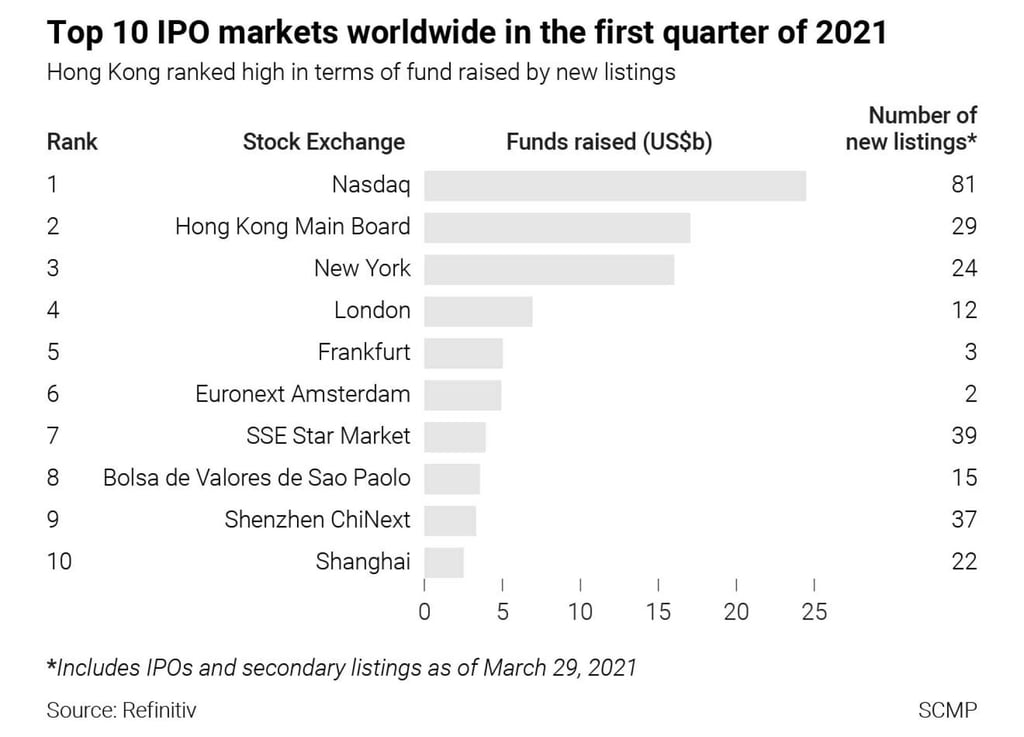Trip.com sets shares at HK$333 each at top end of price range as it kicks off US$1.4 billion secondary listing amid signs of a slow recovery in tourism
- Baidu-backed travel booking site Trip.com kicks off Hong Kong share sale, at HK$333 per share
- Its maximum offer price represents a 11 per cent premium over its Nasdaq closing price Wednesday, as firm bets on strong recovery next year

Trip.com has set its secondary listing at the top end of a range, offering its shares at HK$333 (US$42.95) each as it aims to raise US$1.4 billion in Hong Kong amid tentative signs of a slow recovery in leisure travelling.
The top end of its price range in Hong Kong translates to an 11 per cent premium to Trip.com’s closing price of US$38.81 at its primary listing venue on the Nasdaq market. The Shanghai-based company is selling 31.6 million shares in its Hong Kong initial public offering (IPO), starting the sale today until April 13, according to its prospectus. The company did not disclose the lower end of its price range.
Trip.com joins the steady exodus of US-listed Chinese tech company seeking secondary listings in Hong Kong since 2020, as a flood of capital by optimistic investors boosted valuations, amid an increasingly hostile US capital market driven by the brinkmanship policies in the waning days of the Trump administration.

